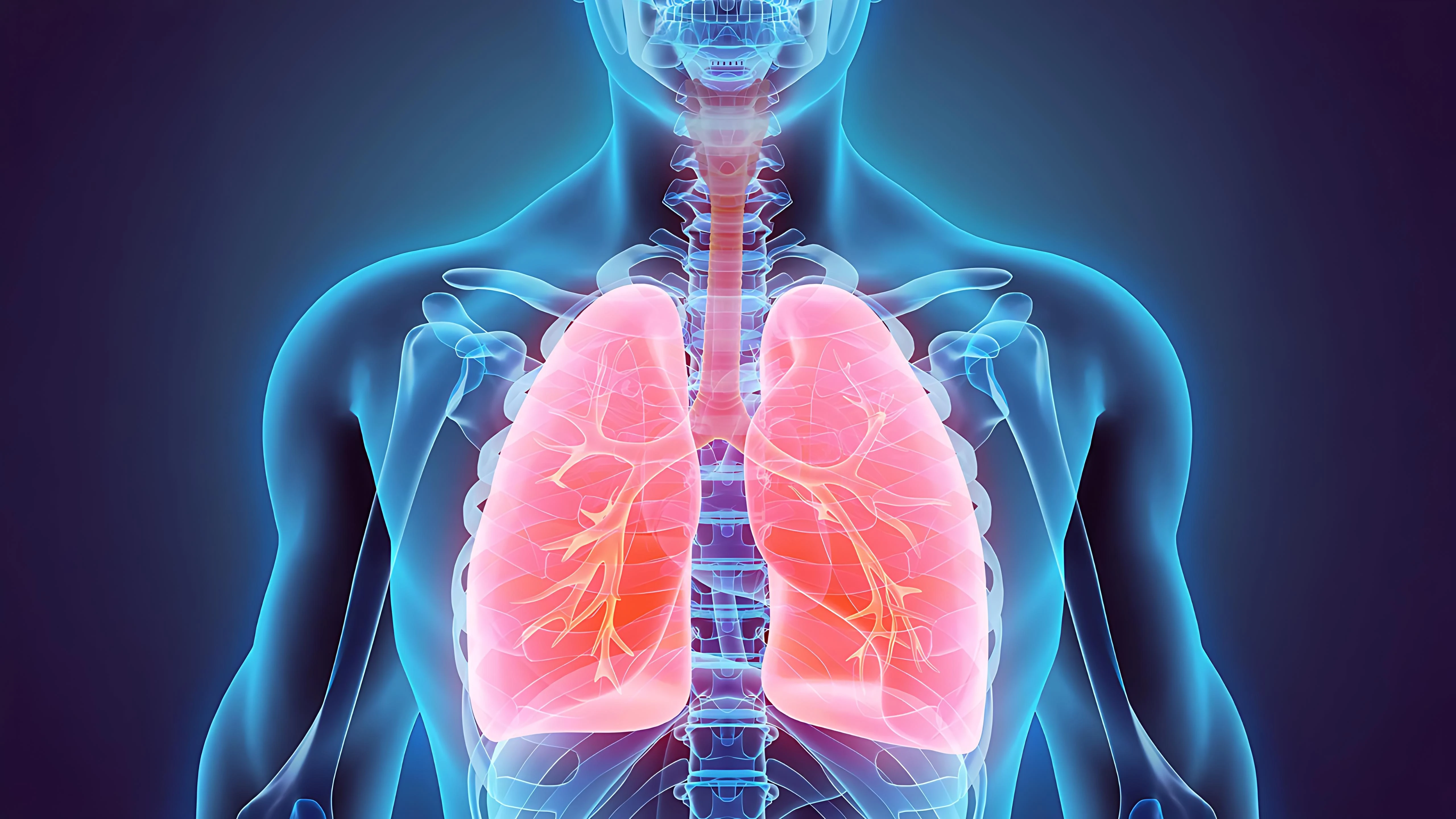Jena: In a surprising breakthrough, researchers have discovered that the antibiotic-resistant Pandoraea bacteria, often found in the lungs of cystic fibrosis patients, create potent natural compounds to survive in hostile environments.
The team, led by Christian Hertweck at the Leibniz Institute for Natural Product Research and Infection Biology, identified a gene cluster called pan that produces two newly named molecules—Pandorabactin A and B.
These molecules act as siderophores, stealing iron from their surroundings to feed Pandoraea while starving nearby microbes like Pseudomonas and Mycobacterium.
The findings, published following collaborations with universities in Jena, Heidelberg, and Hong Kong, show that Pandoraea uses these iron-binding tools for survival and sabotaging competitors, potentially altering the lung microbiome in diseased patients.
Though it’s too early for clinical applications, the discovery provides crucial insights into bacterial competition and iron-based survival strategies in human tissue.








